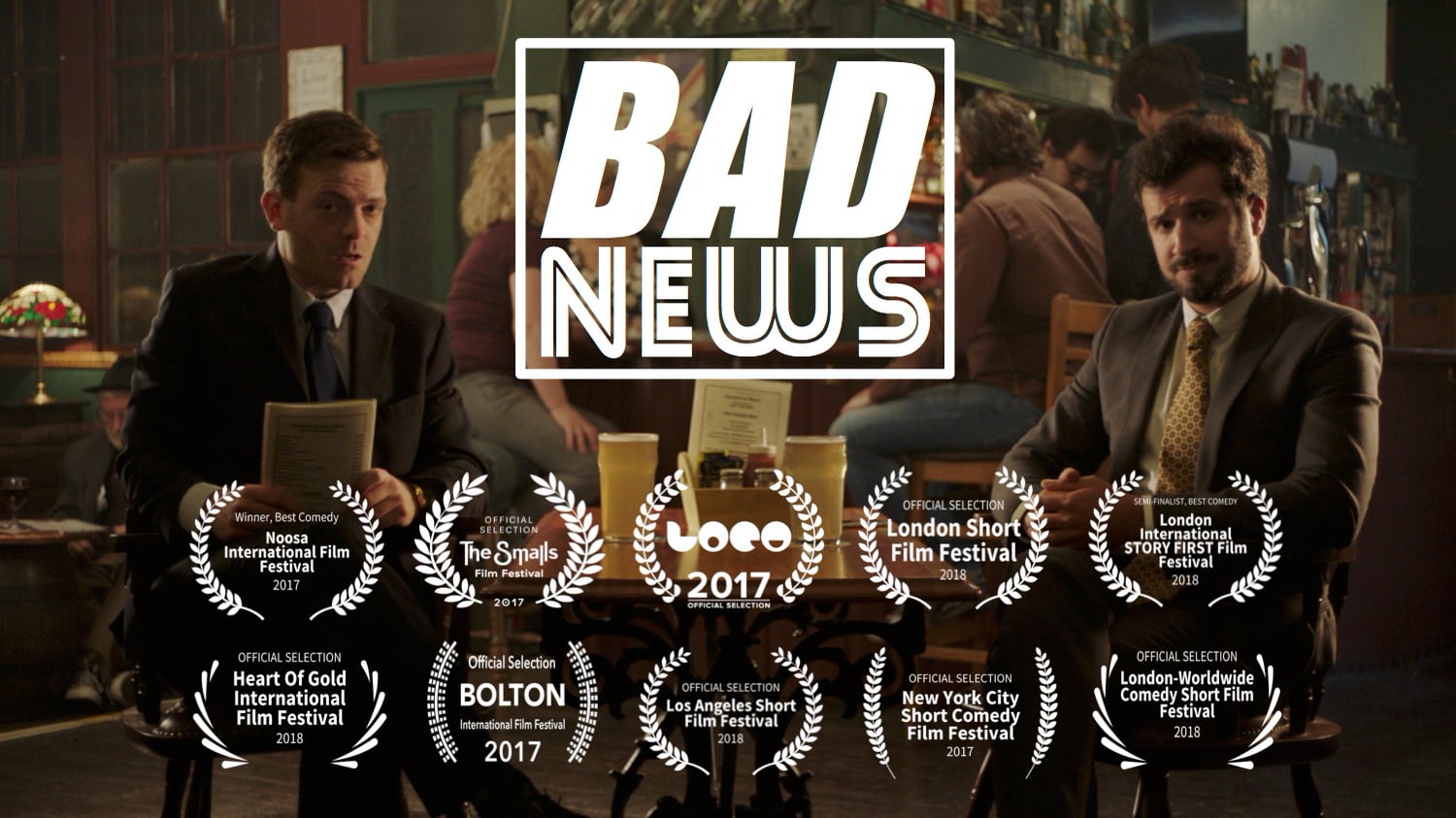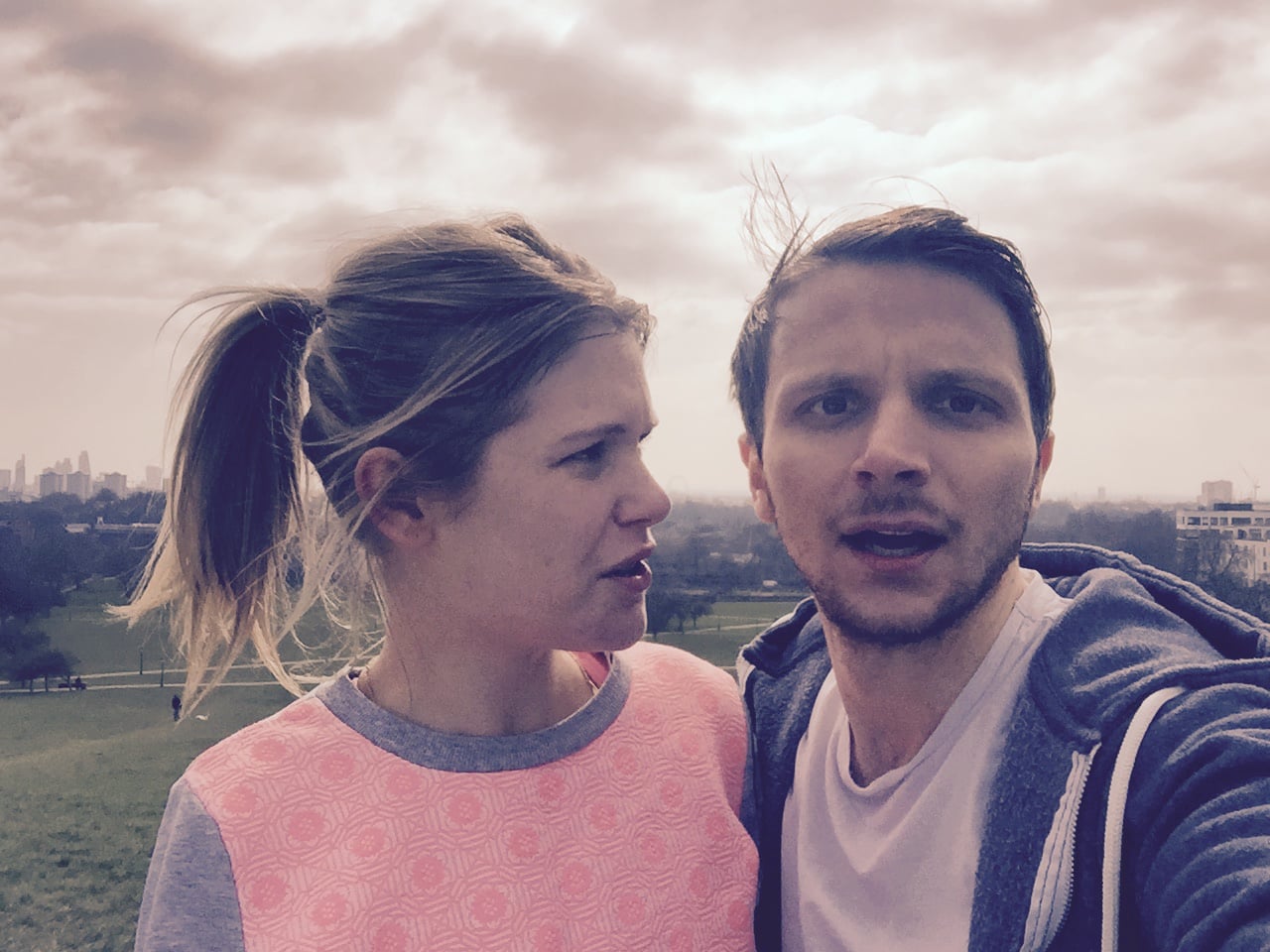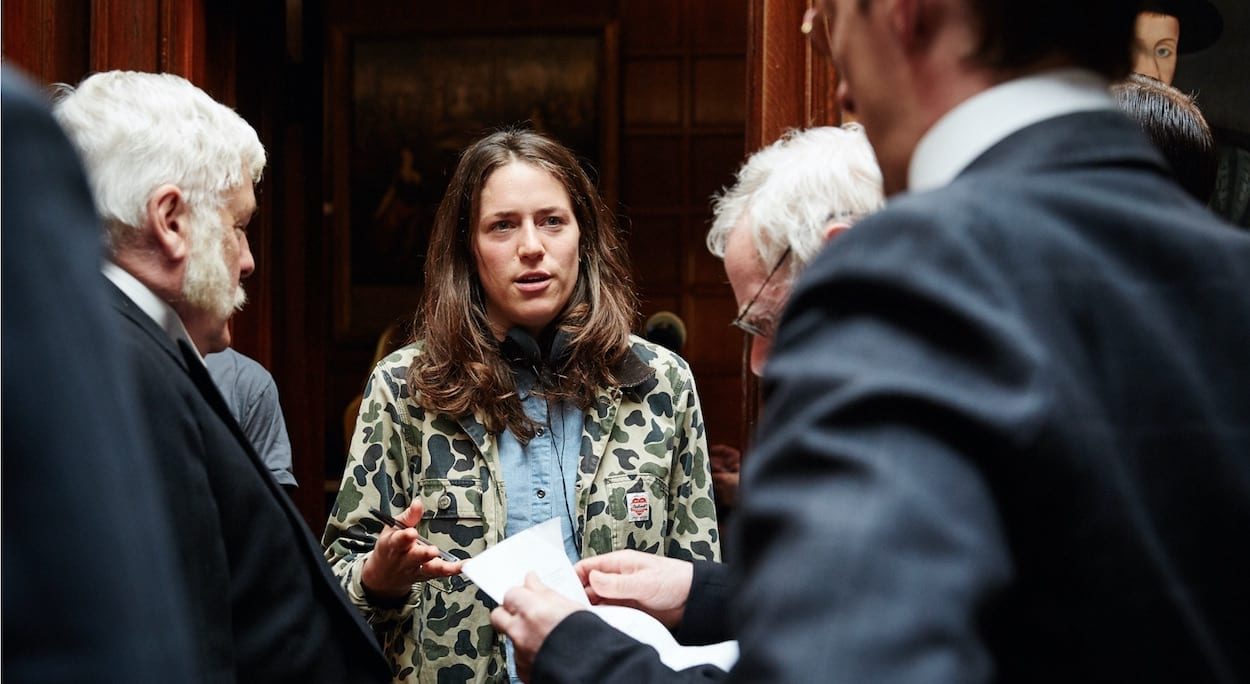How would you sum up your childhood?
I grew up in London. I wanted to be a fire engine.
What led you to filmmaking and when did you realise you wanted to direct? Where did you learn the craft of making films?
I studied English at university and always knew I wanted to write but wasn’t sure what. I dabbled in journalism for a while but quickly realised that unless you’re willing to sell your favourite granny for a story, you’re going to get quashed.
I moved into film production after that and started writing screenplays on the side, none of which were very good but still, it was good practice. It wasn’t until I assisted James McTeigue on ‘Sense8’ that I really thought about directing – it was a huge and complicated show in which I learnt a huge amount and discovered how much I loved being part of the circus that is set-life.
I also realised that having worked for all these different, fascinating directors – Mike Leigh, Justin Kurzel, Kevin Macdonald – I’d essentially amassed the most incredible education and wanted to try and put it to use.
You started out by assisting a lot. How did shadowing other directors inform your creative process?
I didn’t go to film school but working for some of the best directors in the proverbial ‘biz’ was an awesome way to learn. Each had their own specific ways of directing and so I suppose I’m a hybrid of all of them.
I used to be quite indecisive but I remember one director saying to me that directing is all about making decisions and answering questions; even if you’re not 100% certain on the answer, just pick a direction; that’s what the crew need from you.
As a Writer/Director what is your process for creating short films? What comes first, the script or a visual inspiration?
The script. After a (particularly pretentious) conversation with a filmmaker mate, I decided that I was ‘a writer who directs’ rather than ‘a director who writes’ and so for me the script is everything. I don’t really have a ‘process’ – filmmaking is a collaboration and so I mostly focus on surrounding myself with excellent HOD’s.
Your satirical ‘Domestic Policy’ is brilliant. Where did the idea for that come from and how did the script for that evolve? The ‘minutes’ eating at the end is inspired.
Thanks! My magic producer Helen Grearson and I came up with the idea together. I can’t remember if we were drunk or hungover (either way there was alcohol involved) but we were discussing the madness of how much time and energy women waste thinking about their appearance while men seemingly get on with running the country.
We were generalising of course but there’s a huge pressure on women to look a certain way and yes there’s also a strain on men but it’s not nearly as pronounced. We started wildly imagining that there was some sinister government body that kept up this status quo… I’ve had a few people message to ask if the film is historically accurate which I find just wonderful. I had the same reaction to ‘Otherwise Engaged’ – loads of people thought it was real and commented saying ‘he should’ve taken the ring back’, ‘what a beyatch’, ‘why can’t they live in the moment’ etc etc…
The script for ‘Domestic Policy’ evolved a lot over time – it actually started out as a sketch in which the Margaret character didn’t exist. But Film London (who partially financed the film) helped hugely with developing it into a film with a proper character arc and heart.
The paper-eating came pretty late in development as we struggled for ages trying to work out what Margaret’s moment of triumph could be. I’d wondered about her hurling a grenade in the room but the whole point was to sardonically suggest that this meeting had happened and that the female beauty industry had actually sprung from it (plus we couldn’t afford the explosion). Lesley Manville, aside from being the best actress there is, was a proper trooper that day and ate various pieces of parchment without a word of complaint.
What triggered you to make ‘Otherwise Engaged’, your first short film?
I’d been unashamedly cruising facebook and found myself cringing as my ‘newsfeed’ flooded with selfies of couples posing with their engagement rings and captioning them with things like #SheSaidYes and #love and #bestdayever… Many words have been spilt on how people don’t live in the immortal ‘moment’ nowadays and are always taking pictures and not seeing the bigger picture blah blah blah but there was something about documenting ones marriage proposal and waiting for ‘likes’ that I found funny and simultaneously vexing.
LINKS:


















